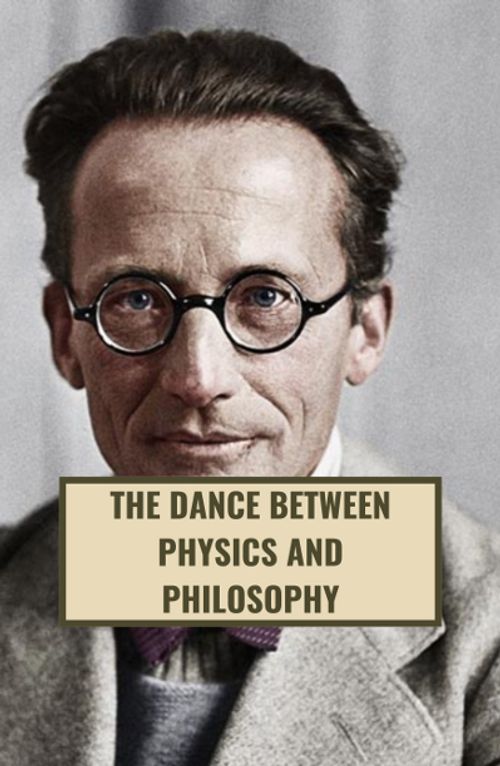The Quantum Physicist Obsessed With Ancient Indian Philosophy
Sep 29, 2022 · 2 mins read
0
Share

Introduction. You know about Schrodinger's cat. But do you know about Schrodinger's dog? He named him Atman - a Sanskrit word for our soul. Schrodinger, a Nobel prize winning physicist, was a close reader of ancient Indian philosophy and borrowed from it. Read on 👇
Save
Share
William Thomson calculated the lowest possible temperature in the universe: -273.15°. Quite the achievement. Yet today he’s known for a failed prediction made in 1900: “There is nothing new to be discovered in physics now. All that remains is more and more precise measurement.”
Save
Share
The next century would bring Albert Einstein, Quantum physics, the uncertainty principle. Western Science, built on reason, made a shocking discovery in the 20th century that rocked it to its core. The discovery: Reality rests on a substrate of weird.
Save
Share
Heisenberg created the uncertainty principle which shows that the more precisely you measure the position of a particle, the less precisely you can measure its momentum. And vice versa. Heisenberg: “Can nature possibly be so absurd as it seemed to us in these atomic experiments?"
Save
Share
Science promises clarity, but when things get pushed to their extremes, it leaves us hanging. In his essay "The Vedantic Vision," Schrodinger writes: “In a considerable number of cases logical thinking brings us up to a certain point and then leaves us in the lurch."
Save
Share
Why was Schrodinger, an Austrian physicist, reading the Vedanta - a collection of ancient texts from India? Because they helped him understand his strange findings in the quantum world. The western mind needed a “blood transfusion from eastern thought” - but those can be tricky.
Save
Share
Schrodinger: “We must beware of blunders - Blood transfusions always need great precaution to prevent clotting. We don't wish to lose the logical precision that our scientific thought has reached.” But in the “Vedantic vision” he found a different yet compelling sort of logic.
Save
Share
This is Schrodinger’s Vedantic Vision: “You can throw yourself flat on the ground, stretched out upon Mother Earth, with the certain conviction that you are one with her and she with you. You are as invulnerable as she.” But how can a scientist believe that man is “invulnerable”?
Save
Share
We feel vulnerable as we think we're separate from everyone and everything else. But Schrodinger says this thought is “produced by deception.” Just as the “many facets of a diamond” split the Sun into multiple images “Maya” splits one life force into many different forms.
Save
Share
Schrodinger’s interest in Vedanta rubbed off on his friends. His girlfriend wrote in a breakup letter: “I looked into your eyes and found that spirit which you said was no more you or me, but us, One mind, One being. You can love me all your life, but we are Two now, not One.”
Save
Share
0